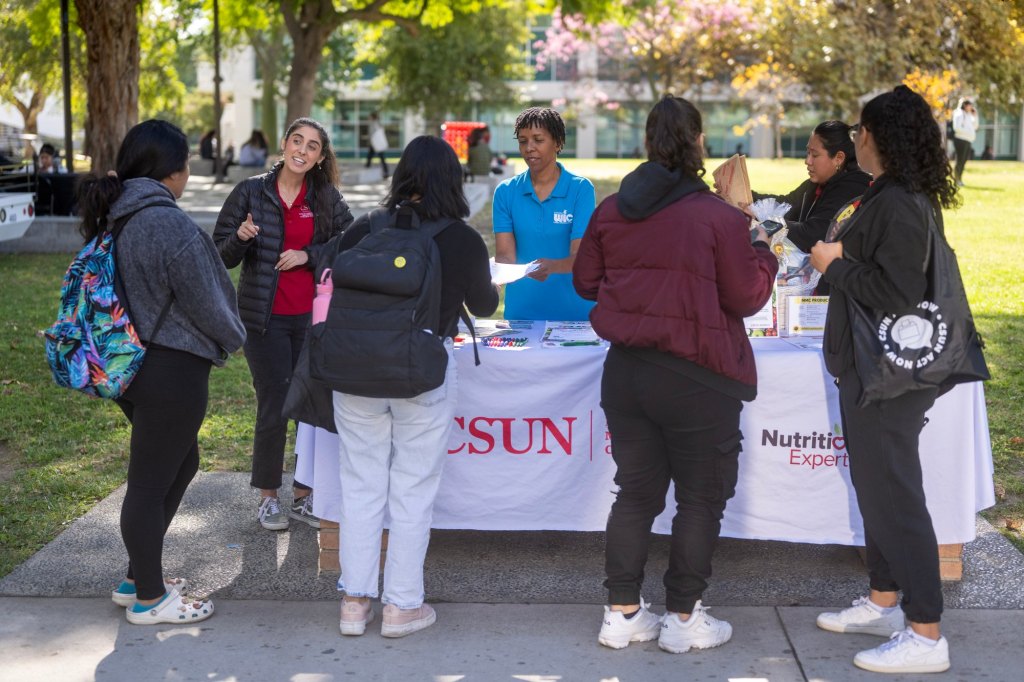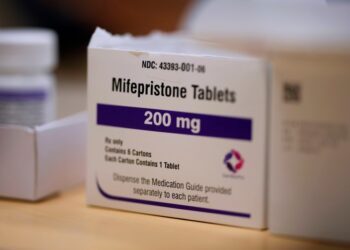On a personal level, Paula Golden well knows the federal program aimed at providing food and nutritional information to women, infants and children. In the 1970s she needed help feeding her three young boys, the oldest of whom is now 45, and was introduced to Northeast Valley Health Corporation — a San Fernando nonprofit health center that provides the Special Supplemental Nutritional program for women, infants and children — widely known as WIC.
Supported by the U.S. Department of Agriculture Food and Nutrition Service, WIC has for nearly 50 years aimed to reduce disparities that impact the health of women and their children.
Golden, an author, was selling her self-illustrated baby books in front of a WIC clinic nearly three decades ago when an employee at Northeast Valley Health told Golden she didn’t think they could buy her books — but that they needed an artist.
So Golden took her art portfolio to an interview and was hired on the spot. Over the next 27 years, Golden pursued her studies and became a graphic artist at Northeast Valley Health’s WIC program. Today she holds a media manager position at Northeast Valley Health’s WIC program that includes outreach, and she also acts as a liaison to companies providing food to WIC participants.
“(WIC) provides families with needed necessities like bread, milk, eggs and cheese,” Golden said on Tuesday, Nov. 7, manning a display table on the campus at California State University, Northridge. Years ago as a young mother looking for help to feed her children, she remembers, “I got nutrition education at a park in my community. This is a passion for me.”
CSUN, in conjunction with Northeast Valley Health, has the only satellite WIC office on any of California’s 23 CSU campuses. It’s been up and running for five years, although it had limited operations during the COVID shutdown. The WIC program is known for its proven wide-ranging health benefits, including longer and safer pregnancies…
Read the full article here







